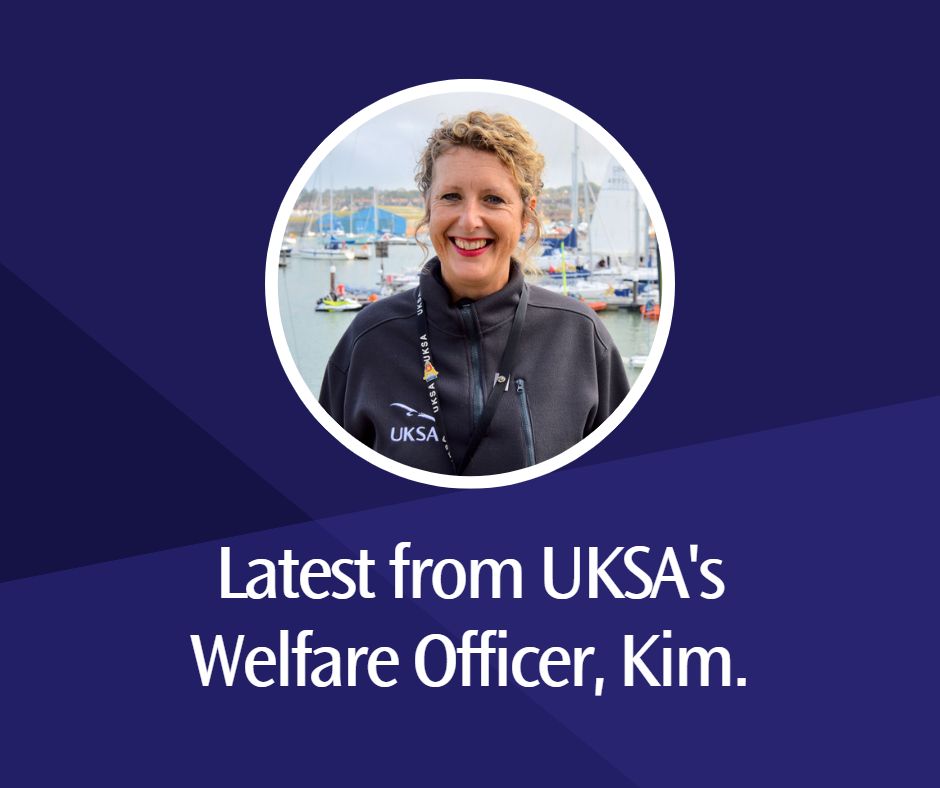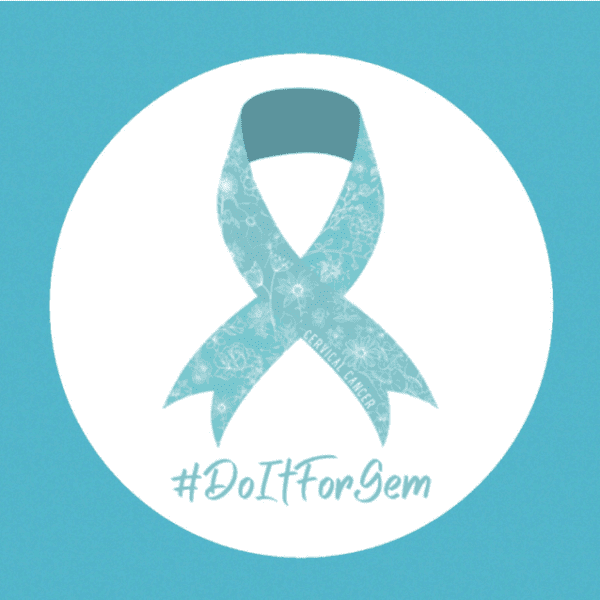
A Little Act of Kindness

Approximately one in four people in the UK will experience a mental health problem each year. Mental Health Awareness Week which runs from 18th to the 24th May, aims to get people talking about their mental health and reduce the stigma that can stop people from asking for help. The theme for this year is Kindness and the Mental Health Foundation have come up with some top tips on where to start.
Kindness is choosing to do something that helps others or yourself, motivated by genuine warm feelings.
Kindness, or doing good, often means putting other people’s needs before our own. It could be by giving up our seat on a bus to someone who might need it more, or offering to make a cup of tea for someone at work.
Evidence shows that helping others can also benefit our own mental health and wellbeing. For example, it can reduce stress as well as improve mood, self-esteem and happiness.
There are so many ways to help others as part of our everyday lives. Good deeds needn’t take much time or cost any money.
Sounds cheesy but Acts of Kindness have the potential to make the world a happier place, so why not try a few?
At home and in your community
- Call a friend who you haven’t spoken to for a while
- Post a card or letter to someone you are out of touch with
- Send flowers to a friend, out of the blue or anything you think they would enjoy
- Find out if a neighbour needs any help with shopping
- Ring someone who is on their own, or video call them
- Send someone a handwritten thank you note
- Tell your family how much you love and appreciate them
- Help with household chores
- Offer to help an elderly or vulnerable neighbour
- Check on someone you know who is going through a tough time
At work
- Remember to say hi to colleagues and ask how they are – whether that’s face-to-face, or virtually if you are working from home
- Offer to support colleagues who may not be familiar with videoconferencing or new software that you have already used
- Set up a virtual coffee/lunch club – with your regular colleagues and with new ones
- Have a conversation with a colleague you don’t normally talk to
- Get to know a new member of staff – it is hard to join a new workplace under these restrictions
- Lend your ear – listen to your colleague who is having a bad day
- Say thank you to a colleague who has helped you
- Praise a colleague for something they have done well
In public places
- Follow the rules on social isolation – but don’t make negative assumptions about others
- Wish a passer-by a good morning or afternoon from an appropriate distance (2 metres or more)
- Be a considerate cyclist/driver
- Pick up some rubbish lying around in the street
- Smile and say hello to people you may pass every day, but have never spoken to before from an appropriate distance (2 metres or more)
On social media
- Take time to reach out online to people you haven’t seen for a while
- Write something nice or encouraging on a post you appreciate
- Acknowledge and validate someone’s story – if they are having a difficult time you don’t have to have all the answers, sometimes a like or a brief ‘I’m sorry to hear this, is there something I can do?’ is enough to make them feel heard
- Think about what you share – look at the source of the post, and the tone. If it isn’t kind, think twice. If something could upset others and you feel you need to post it, use a trigger or content warning
- Think about your comments and replies. Try not to say nasty things, or pile on where somebody questions another person’s actions
Evidence shows that being kind really does improve your wellbeing. What is more, the more you do for others, the more they are likely to do for you.
We’re suggesting that we all try to help others once a day for a week and see if it makes a difference to how we feel.
You can take joy in being deliberately kind – whether by recognising the time you have for your kids or partner, to speaking more to family, or by volunteering in your community.
Try to keep track of:
- any volunteering that you’ve done
- support you’ve given to friends and family
- any random acts of kindness that you’ve carried out
- what others have done for you
Remember to make a note of how they made you feel.
You could try keeping a gratitude journal. Write down three things you are grateful for each day, or simply say these to yourself as the day draws to a close.
It’s important to be kind to yourself as well
Whatever you can manage today is good enough. Some people feel that the lockdown is giving them the time and chance to learn new skills or try new things. That may be you, and if so, enjoy and celebrate that.
If this isn’t you, try not to beat yourself up about what you see others doing. If things are hard right now, try and find some small things to celebrate each day. Getting up and washing your hair can be just as much of an achievement as someone else posting about a 5k run on Instagram.
Try to tune out the voice of judgement and comparison and tune in to the voice that says you are enough.
Be kind to yourself
- Prioritise some “me” time, so you can relax and reflect on how you’re feeling and how your day or week has been so far
- Turn off from your social media channels for a day, or even a week
- Treat yourself to something small, such as buying or planting some flowers
- Do something you enjoy, like listening to a favourite song or dancing in your kitchen
- Spend some time in nature, which is good for our mental health
Useful links
Latest posts










